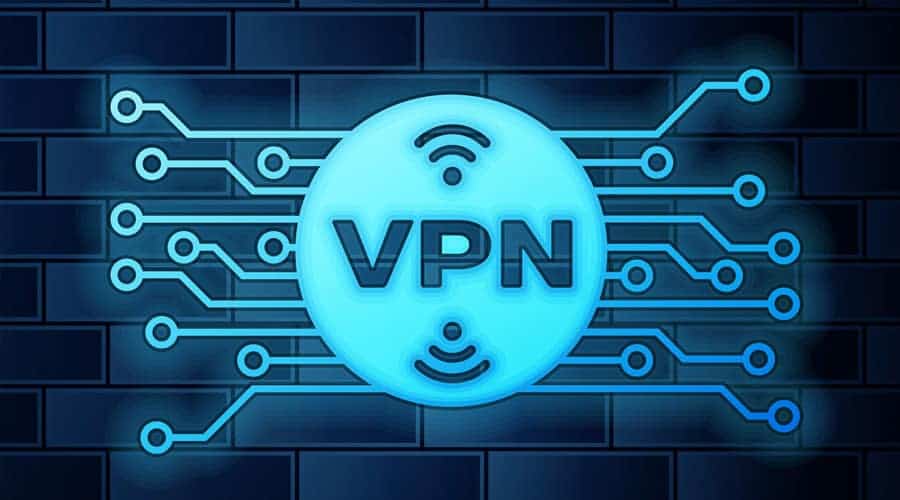In today’s digital environment where our lives are intertwined with the online world, protecting our privacy has never been more important. In today’s digital age, our online activities create a trail of data that is valuable to advertisers, marketers, and even cybercriminals. To protect our online privacy in this constantly evolving landscape, fast VPN is becoming increasingly crucial as the initial safeguard.
In the era of digital technology, we have experienced unprecedented convenience and connectivity that has completely transformed our lives, work, and communication. However, along with these benefits comes a significant challenge to our privacy in the online world. This digital age exposes us to various threats such as:

- Data breaches
- Data breaches have unfortunately become increasingly common and pose a significant threat to individuals. Hackers can gain unauthorized access to databases that contain personal information, such as names, addresses, and financial details. The consequences of these breaches can be devastating, resulting in identity theft, financial difficulties, and even emotional distress.
- Online Tracking
- Companies relentlessly monitor your Internet activities, creating comprehensive user profiles to target you with tailored ads. Everything you do is scrutinized, and this data can be sold to third parties, putting your privacy at risk.
- The Government Of Surveillance
- Many governments conduct public surveillance, monitoring online activity for a variety of purposes, including national security. While these efforts are generally justified by necessity, they can violate individuals’ right to privacy.
- Censorship and geoblocking
- Some countries apply strict censorship to online content, while companies use geoblocking to restrict access to specific websites or services based on your location This limits your access to the internet free and open limits.
In the face of these privacy threats, VPNs have emerged as a powerful tool for individuals who want to protect their online privacy. VPNs act as a shield against digital vulnerabilities. Here’s how they work as your first line of defense:
- Protecting your data- Free VPN technology encrypts your internet traffic, making it undecipherable to anyone trying to intercept it. This encryption ensures that your personal information remains private, even when connected to public Wi-Fi networks that are notoriously vulnerable to cyberattacks.
- Keeping your presence anonymous- Setting up an open VPN allows your internet traffic to pass through servers in different regions or countries, masking your IP address, and making it look like you are browsing from another location This not only protects your identity but it allows you to bypass geolocation and access restrictions as well.
- Bypassing censorship- VPNs provide a lifeline for individuals living in countries with strict internet censorship. They enable users to circumvent government-imposed restrictions and access free and open internet.
- Enhanced privacy on public Wi-Fi- Using a public Wi-Fi network without a VPN is like talking in a room full of people—everyone can listen. Turning on a hotspot VPN adds an important layer of security, ensuring your online connections are private and secure, whether you’re in a coffee shop, airport or hotel.
- Protection Against Data Breaches- In an era rife with data breaches, VPNs serve as a formidable defense mechanism. Even if a cybercriminal gains access to your connection, they will only see encrypted gibberish, making your data useless.
Selecting the Right VPN
When it comes to protecting your online privacy, using a VPN is crucial. However, selecting the right VPN service requires careful consideration of several key factors:
- Security features: When considering a VPN, it’s important to prioritize security features. Look for a VPN that utilizes robust encryption protocols and has a strict no-logs policy in place. This will help ensure that your online activities remain
- Server location: When selecting a VPN provider, it is important to consider the server locations. Opt for a provider that offers servers in multiple countries. This will give you greater flexibility and enhance your online privacy.
- Speed and Reliability: A VPN should offer fast and reliable connections to maintain a seamless online experience.
- User-Friendly Interface: A user-friendly app or client enhances your VPN experience, making it more convenient.
- Privacy Reputation: Find out the provider’s reputation and commitment to user privacy, as this is key in the VPN world.
Online privacy is a fundamental right in the digital age, and protecting it should be a top priority. Choosing a reputable VPN provider and incorporating this tool into your online behavior is a smart step to preserve your digital life. As we move into the complexities of the digital age, our online privacy is more important than ever, and VPNs manage that privacy.